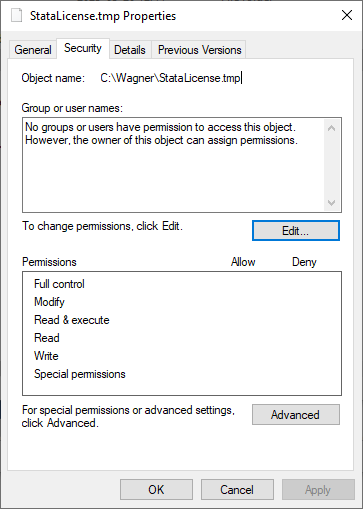Last week, I explored the idea that raising prices can actually increase business. To many business owners, this is counter-intuitive. Most believe higher prices means less people will do business with them. But is that really the case? Some people have too much business because they charge too little. Others don’t have enough for the exact same reason. Case in point:
Cheap at Twice the Price
There was a shop in New Mexico that catered to tourists. The owner had acquired a number of Native American jewelry pieces, but she was having trouble selling them. Busloads of tourists would come through her store, look at the pieces, and leave without buying. She tried lowering the price, but to no avail.
As a last resort, she decided to offer the entire line at 50 percent off. After scribbling a note for her store manager to do so, she left for a week’s vacation.
Upon her return, she was pleased to discover that all the jewelry had sold. But further investigation revealed something startling. Her manager had misinterpreted the scribbled note to mean she should double the price of the jewelry, and that’s exactly what she did.
The preceding is a true story (I just can’t recall who I heard it from). This isn’t an isolated incident. Here’s the story of a software developer who had the same experience with his product, a consumer-focused productivity application, which he offered for $9.99.
Upon launching the software, Gary emailed every technology blog and journalist he knew to find some media attention for his product, and it worked: a number of major technology blogs covered the launch, and web traffic peaked at 50,000 daily hits over the launch period. Unfortunately, while traffic to the website was great, sales figures were very low: a huge volume of customers were viewing the website and deciding not to purchase the product. In an attempt to resolve this, Gary spent weeks tweaking and then fully re-designing the website, but it had no effect: people simply weren’t buying the product.
By March 2011, Gary became desperate, and out of a desire to begin making some kind of real revenue from the product, he decided to double the price of the software to $19.99, hoping to sell to the same niche of particularly interested customers who were currently purchasing the product, but at this higher price. To his shock, sales of XProductivity immediately spiked, increasing to ten times the number of daily sales he was previously processing.
So is there a corollary that says raising prices automatically results in more business? If it were that simple, we could all charge exorbitant rates and rake in the cash. It’s not quite that simple. Still, the bottom line is that many customers still equate cost with quality.
Yet, a 2009 Cornell study showed that, in two food-related experiments, higher prices didn’t cause the expected higher demand, contradicting previous studies [pdf].
What do you think? Were my two examples anecdotal, merely exceptions to the rule? Or does it depend on the product being sold?
One final thought. Even if raising your prices does cause less people to do business with you, it’s possible that the higher price will compensate for the decreased demand. In other words, selling fewer items at a higher cost may bring in more revenue and profit than your lower price structure did … and with less work on your part, to boot!

